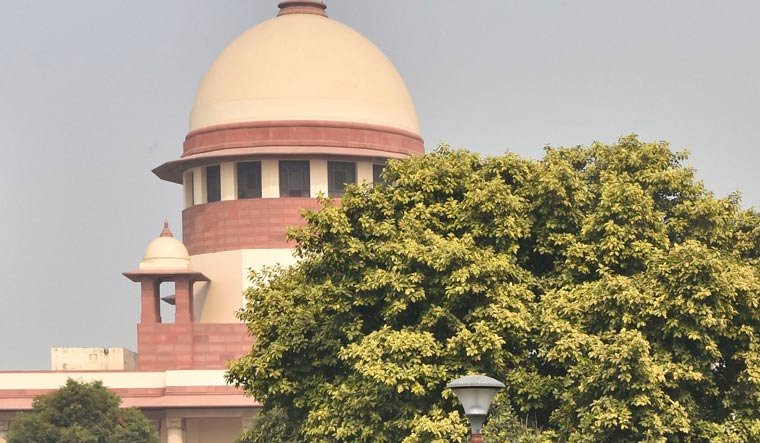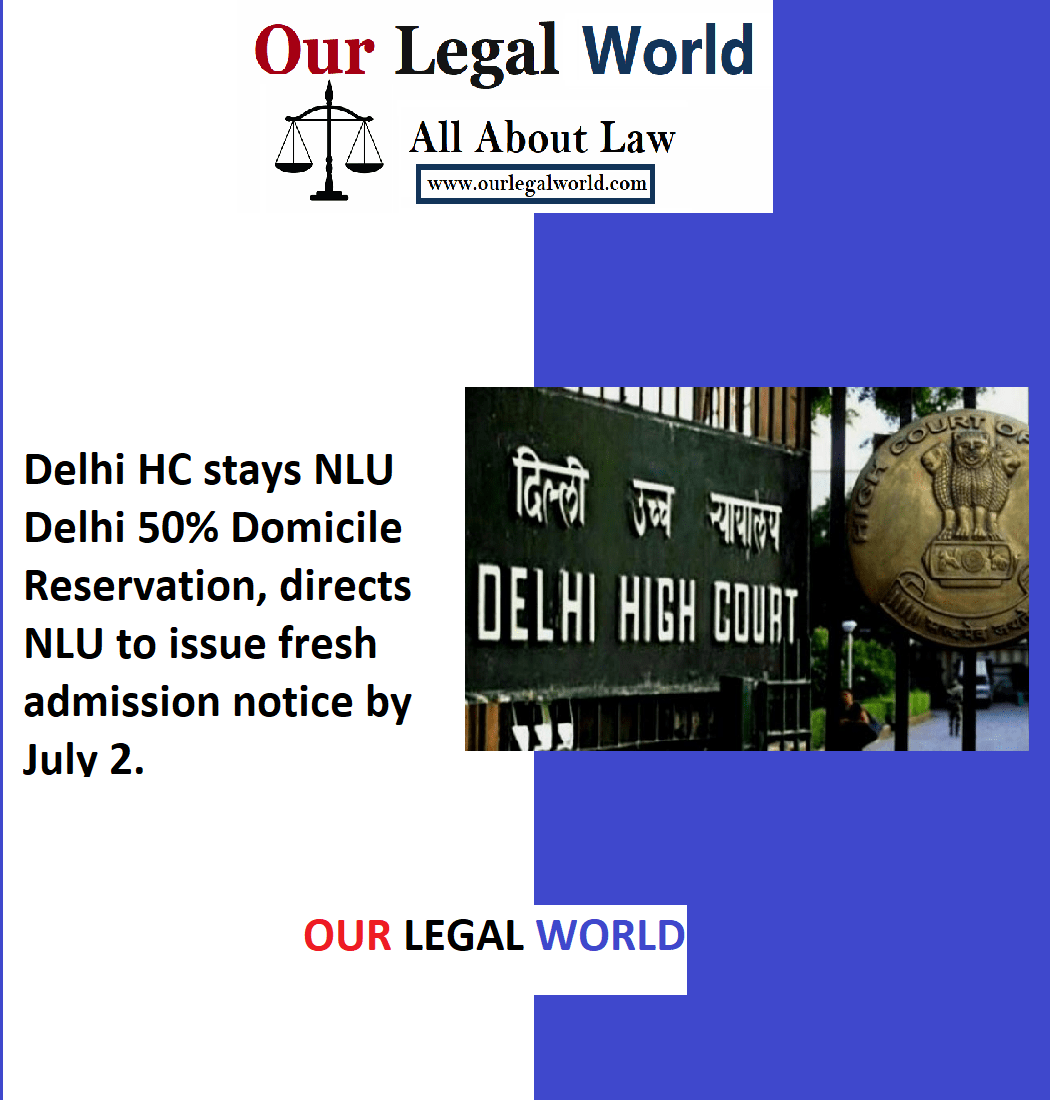AIMPLB tells SC that entry of woman into Mosque for Namaz is Permitted in Islam
The All India Muslim Personal Law Board in order to seek directions from SC to permit women into mosque for offering prayers, files an affidavit.
The Affidavit has been filed in a plea filed by a couple, Taskeen Zuber Ahmad Peerzade and Zuber Ahmad Nazir Ahmad Peerzade. This Pune- based couple approached Supreme Court, claiming that such restrictions on muslim women of offering of prayers in Mosque is ‘unconstitutional’ & violative of fundamental rights to life, equality & gender justice.
AIMPLB is one of the Respondents in the plea, represented by Advocate MR Shamshad. It clarified,
APPLICATION SEEKING RELEASE OF JAMATALASHI ARTICLES BEHALF OF APPLICANT, FORMAT
“Considering the said religious texts, doctrine and religious belief of the followers of Islam, it is submitted that entry of women in the Mosque for offering prayer/Namaz, inside the Mosque, is permitted. Thus, a Muslim woman is free to enter Masjid for prayers. It is her option to exercise her right to avail such facilities as available for prayers in Masjid. The All India Muslim Personal Law Board does want to comment on any contrary religious opinion to this effect. Islam has not made it obligatory on Muslim women to join congregational prayer nor is it obligatory for woman to offer Friday Namaz in congregation though it is so on Muslim men. The Muslim woman is differently placed because as per doctrines of Islam she is entitled to the same religious reward (Sawab) for praying as per her option either in Masjid or at home.”
It was also contended that it is inappropriate for the court to entre into the religious practices by invoking article 14, 15, 21, 25 and 29 of Constitution, since the plea is related to the doctrine of religious practices.
“the rights claimed herein do not merely concern the management of a religious place neither do they only concern regulating the activities connected with religious practice. In essence, this Hon’ble Court has been invited to interpret the religious beliefs and religious practices. It is not appropriate for this Hon’ble Court to enter into that area. Hence, the Respondent is of its firm view that the averments/ pleadings in relation to Articles 14, 15, 21, 25 and 29 of the Constitution of India cannot be considered and looked into for the prayers as claimed in the present petition,” the affidavit states.








